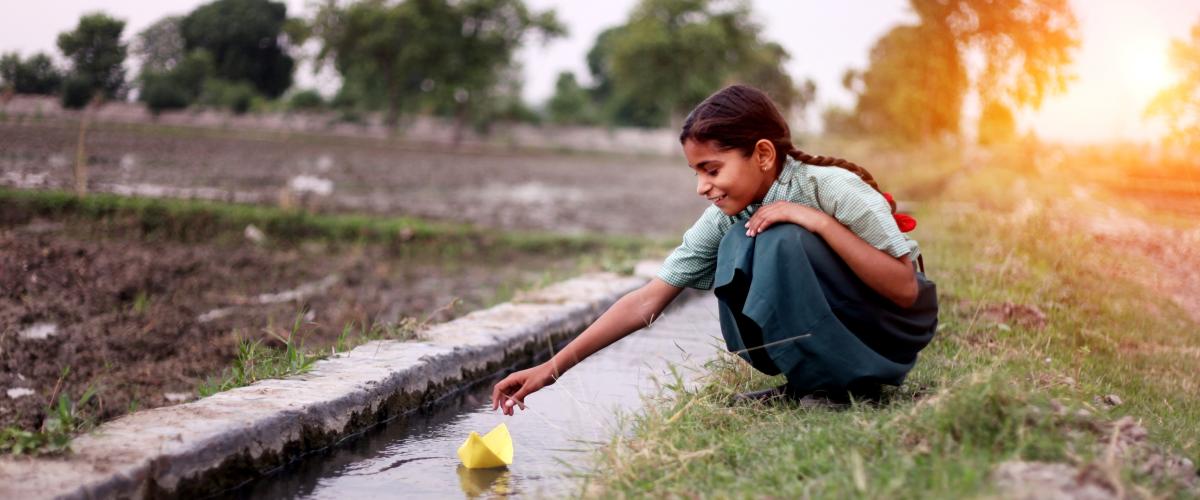
News
A “paradigm shift” is needed in how disaster risk assessments are done, according to GFDRR. For too long, disaster risks have been considered according to static measures of vulnerability, creating an incomplete picture of future challenges.
« Le facteur de loin le plus important sur la gravité des inondations sera la montée du niveau des océans », explique Stéphane Hallegatte, économiste spécialiste de la prévention des catastrophes naturelles à la Banque mondiale.
The governments of Australia, Canada, France, Germany, Luxembourg and The Netherlands have agreed to give more than US$80 million to equip up to 80 countries with better climate risk early warning systems.
Climate change could plunge tens of millions of city dwellers into poverty in the next 15 years, threatening to undo decades of development efforts, the World Bank said on Wednesday. Fast-growing cities particularly in the developing world are ill-prepar
Fiji is set to use 360° Virtual Reality (VR) as a key part of its global push for stronger action on climate change at next month’s COP23 Climate Change conference.
More than 800 experts in disaster risk management from across the world were in London on Monday to take part in the week-long Understanding Risk Forum. The experts come from different backgrounds which include civil society, governments, private companie
Climate change cannot be isolated from other drivers of disaster risk, and needs to be tackled alongside them.
Natural disasters pose the greatest risk to cities in an increasingly urbanised world, and could cost $314bn worldwide each year by 2030, the World Bank has warned. This compared with a $250bn cost today, and came with the risk that 77m more urban residen
At the One Planet Summit, the World Bank Group made a number of new announcements in line with its ongoing support to developing countries for the effective implementation of the Paris Agreement’s goals.
A conversation with Dr. Ben Fox of the World Bank Group, about the Bank’s work to reduce the economic burden of natural disasters
